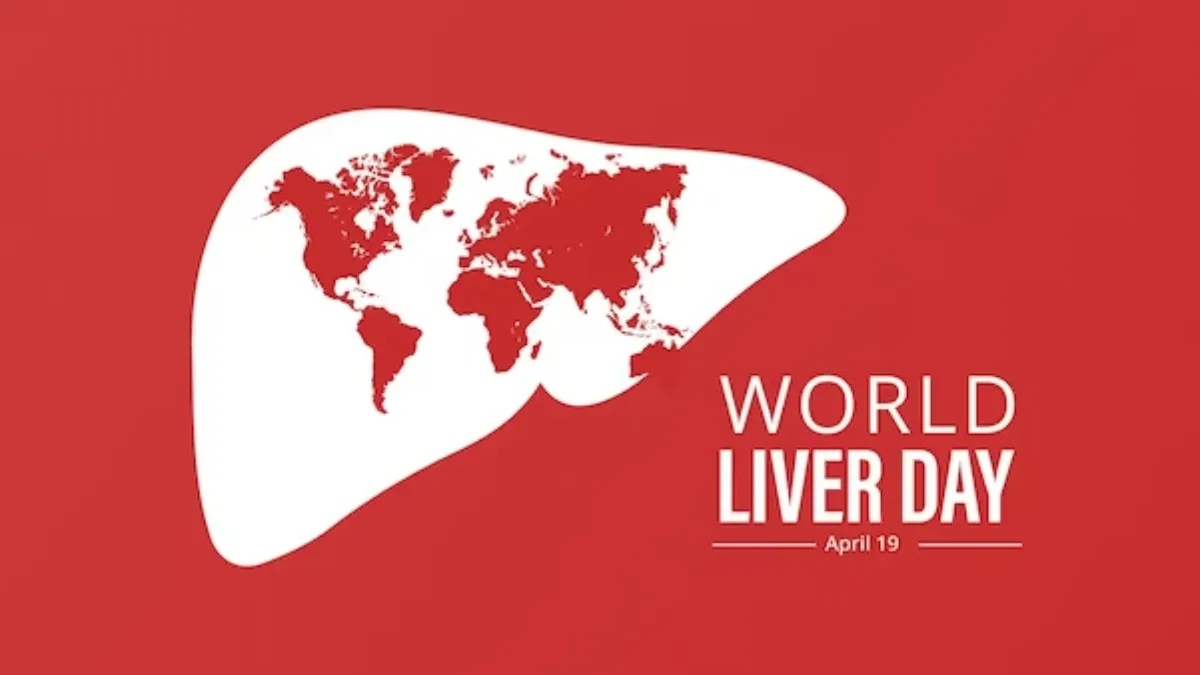Opinion | Nutrition isn’t just about what you eat, but also when and how

Jim from Wisconsin wanted more specifics on the types of foods that can improve cardiovascular health. “You talked about reducing ultra-processed food, but what types of food should we replace these junk foods with? Is it just the usual things, like fruits and vegetables?”
Yes, and other “whole foods” that are minimally processed. A plethora of studies have demonstrated that these kinds of food — such as whole grains, leafy green vegetables, fruits, nuts and legumes — make up the healthiest diet.
One study published in PLOS medicine found that women can add about 10 years to their lives and men about 13 years by following such a diet. Another study published in JAMA Internal Medicine found that such healthy eating patterns were associated with a 20 percent reduction in premature mortality and a lower rate of diseases ranging from neurodegenerative disease to cancer.
“What about the Mediterranean diet?” asked Kelsey from D.C. “A while ago, it seemed to be all the rage. Is there any science behind it?”
The Mediterranean diet refers to a pattern of eating that is primarily plant-based and emphasizes consumption of whole grains, vegetables, beans and “healthy fats” found in avocados, nuts and olive oil. Fish is generally encouraged over meat.
There is good evidence in favor of this type of lifestyle. A seminal 2013 study published in Annals of Internal Medicine found that those who generally adhered to a Mediterranean-type diet were 46 percent more likely to experience healthy aging. Subsequent follow-up studies, including one with nearly 26,000 participants published in JAMA Network Open in 2018, found that practitioners had a 25 percent reduction in developing cardiovascular disease.
What you eat clearly has a major impact on health. So does when you eat and how.
Anna from Virginia inquired about the practice of intermittent fasting: “My daughter swears by it. She only eats between 10 a.m. and 6 p.m., nothing before or after. She says it’s helped with weight control, and she has more energy now than before. Is this dangerous or a good idea?”
I didn’t know much about this method and did some research. Intermittent fasting can range from what Anna’s daughter is doing to more lenient forms, such as abiding by time-restricted eating only a few days a week or extending the eating times to 12 hours a day. There are some groups who should not engage in this regimen, including pregnant and breastfeeding women, children and those who are underweight or have an eating disorder. Others who have underlying medical conditions such as diabetes should check with their physicians before attempting it.
The general idea behind intermittent fasting is that it prompts the body to turn to fat stores, thereby promoting weight loss. Proponents also tout a number of positive impacts, including improvements in blood pressure, blood sugar and energy.
The research thus far is mixed. While some studies, including a 2020 one in the New England Journal of Medicine, support these claims, others have found that calorie restriction might be just as impactful. A recent study, presented at a conference but not yet published, even identified potential harms, such as increased risk of cardiovascular disease.
My takeaway is that the jury is still out on intermittent fasting. Those who find it works for them can keep it up, in consultation with their health-care provider. Others can learn from the main concepts in time-restricted eating and try different versions — for instance, not eating just before bed and reducing high-fat and high-sugar snacks.
“I’ve always found that I eat better when I’m around other people,” said Rich from New York. “Maybe it’s because I slow down instead of rushing through every meal. Being around others reminds me to enjoy food: Live to eat, not eat to live.”
I love what Rich said for three reasons. First, not eating too quickly is better for health because it’s a form of portion control. You are letting your body sense when you’re full.
Second, eating with others promotes social connection. In virtually all cultures, breaking bread together is a form of bonding. Loneliness is as detrimental to health as smoking 15 cigarettes a day, so activities that foster togetherness should be highly encouraged.
Third, one consequence of the so-called diet culture is that it can often pit food as the enemy. At best, food becomes a means to an end. There is something to be said about changing the framing so that we see tasty, nutritious food as a feast for our senses, especially when shared with those we love.
link

:max_bytes(150000):strip_icc()/Reason-You-Should-not-Try-a-Low-Carb-Diet-c283300a18724586b0639694162fbb9c.jpg)





